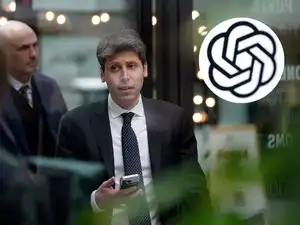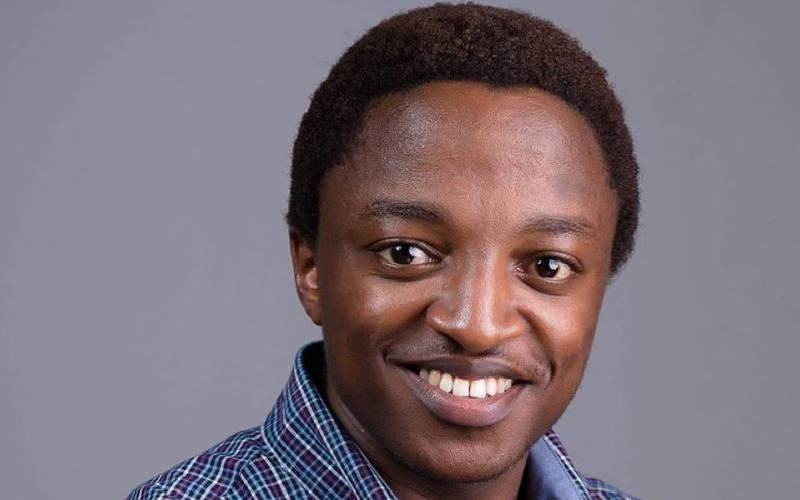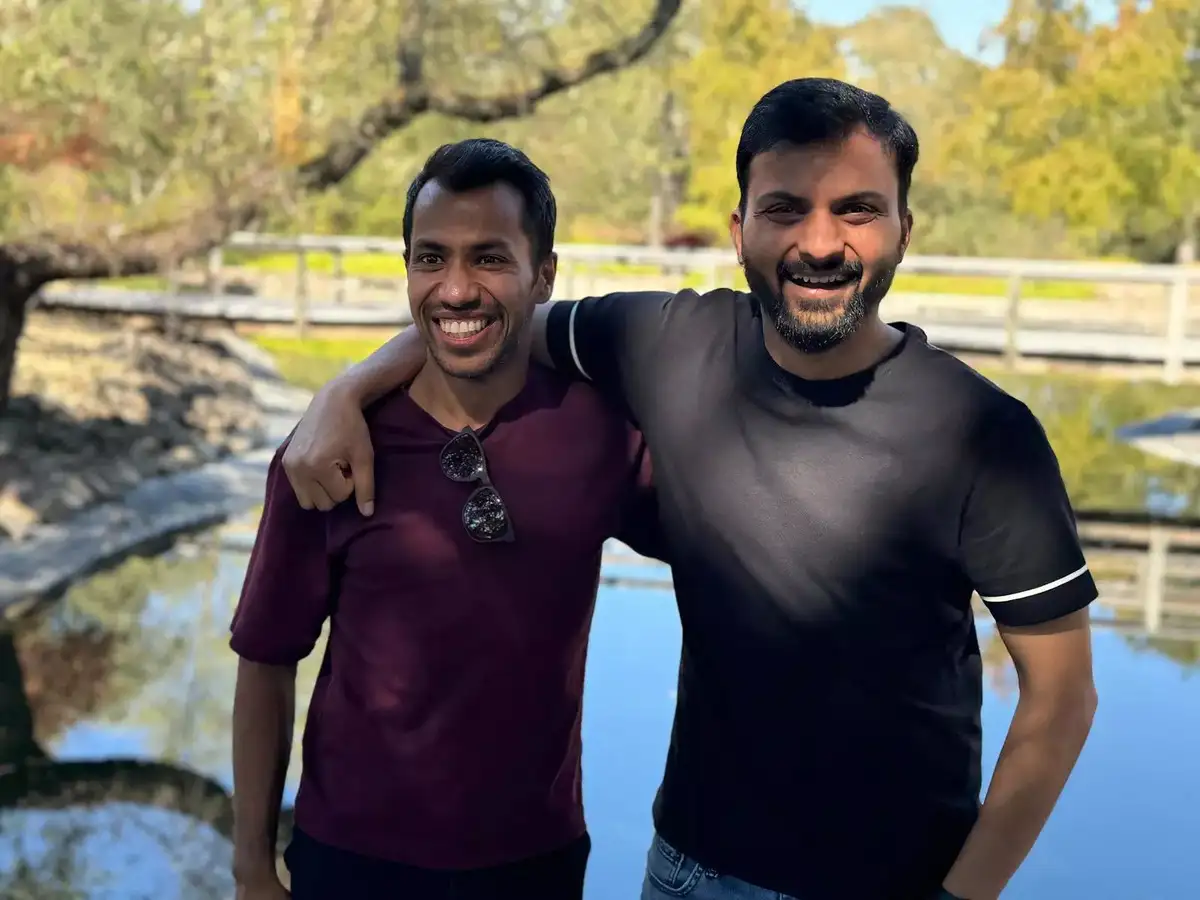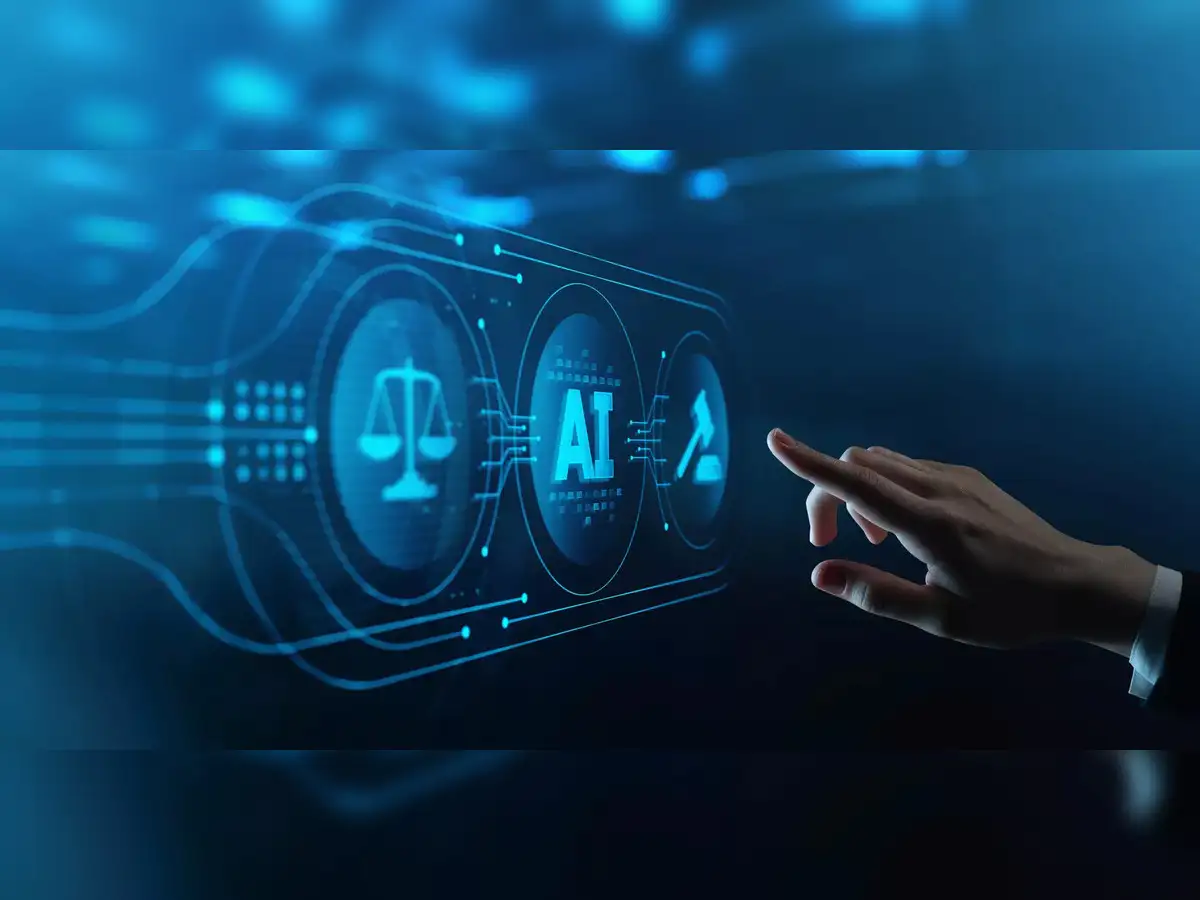 Agencies
AgenciesIf you're among those who rely a little too confidently on ChatGPT, OpenAI CEO Sam Altman has a word of caution for you: don’t.Speaking on the company’s newly launched official podcast, Altman cautioned that while the AI tool may be impressive, it still gets things wrong—and often.
“People have a very high degree of trust in ChatGPT, which is interesting, because AI hallucinates. It should be the tech that you don't trust that much,” Altman said during the inaugural episode.
The warning comes at a time when generative AI tools are increasingly becoming a part of daily workflows—from classrooms to courtrooms. But Altman reminded users that the system is far from flawless. “It’s not super reliable,” he admitted. Altman acknowledged that OpenAI has added several new features to ChatGPT in recent months—including persistent memory and a potential ad-supported version—but said improvements don’t eliminate the core challenges.

“We need to be honest about that,” he said, referring to the tool’s current limitations. His comments come as OpenAI faces legal battles with media organisations such as The New York Times over the use of copyrighted content in training its AI models. Amid scrutiny, Altman has doubled down on the need for transparency, even as the company continues to roll out updates and expand ChatGPT’s functionality. Altman also appears to be rethinking earlier predictions about AI and hardware. In a separate conversation on his brother Jack Altman’s podcast, he reversed course on a long-held belief that AI wouldn’t demand a change in physical devices.
“People have a very high degree of trust in ChatGPT, which is interesting, because AI hallucinates. It should be the tech that you don't trust that much,” Altman said during the inaugural episode.
The warning comes at a time when generative AI tools are increasingly becoming a part of daily workflows—from classrooms to courtrooms. But Altman reminded users that the system is far from flawless. “It’s not super reliable,” he admitted. Altman acknowledged that OpenAI has added several new features to ChatGPT in recent months—including persistent memory and a potential ad-supported version—but said improvements don’t eliminate the core challenges.

“We need to be honest about that,” he said, referring to the tool’s current limitations. His comments come as OpenAI faces legal battles with media organisations such as The New York Times over the use of copyrighted content in training its AI models. Amid scrutiny, Altman has doubled down on the need for transparency, even as the company continues to roll out updates and expand ChatGPT’s functionality. Altman also appears to be rethinking earlier predictions about AI and hardware. In a separate conversation on his brother Jack Altman’s podcast, he reversed course on a long-held belief that AI wouldn’t demand a change in physical devices.
“Current computers were designed for a world without AI,” he said.
According to Altman, AI systems of the future will require more than just processing power—they’ll need to be more in tune with the user’s environment. He envisioned tools that are “way more aware of their environment” and offer “more context in your life,” going well beyond traditional screens and typing interfaces.
As AI becomes more integrated into human routines, Altman suggested, the surrounding tech will have to evolve to keep up—not just in intelligence, but in how it understands and responds to people.












